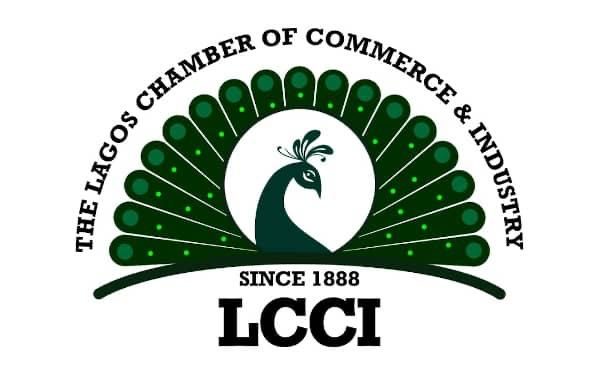Director General of the Lagos Chamber of Commerce and Industry, Dr Chinyere Almona, FCA has advised the CBN that While the monetary authority keeps hiking rates to beat inflation and exchange-rate correction measures, the supply side should also be explored with the same if not more vigor.
In a statement released to the Press, the DG emphasized that other contractionary monetary and fiscal policies should also be equally deployed to tame inflation.
The National Bureau of Statistics (NBS) headline inflation inched up by 0.47% to 21.83% in January 2023 after shading a few basis points in the month of December 2022.
Notable contributors to the figure include bread and cereals (21.67%), actual and imputed rent (7.74%), potatoes, yam and tuber (6.06%), vegetable (5.44%) and meat (4.78%).
Food index went up to 24.32% from 23.75% in the same period. The rise in food prices is largely attributed to increases in the prices of yams, potatoes, other tubers, fish, cereals, bread, meat, vegetables, fat, and oil.
The non-food index rose to 19.16% in January 2023 from 18.49% recorded in December 2022.The increase in core inflation is as a result of higher prices of solid fuel, lubricants, air transport, liquid fuel and gas.
The sustained rise in the general price level in recent times have caused some weakening in purchasing power. This is coming at a time when multidimensional poverty has climbed too high with an unprecedented 133 million Nigerians living below the poverty line (NBS).
The impact of rising inflation is far-reaching. It distorts fixed interest rate payments for recipients and payers alike, leaving in its trail disruptions and dislocations in the economy.














